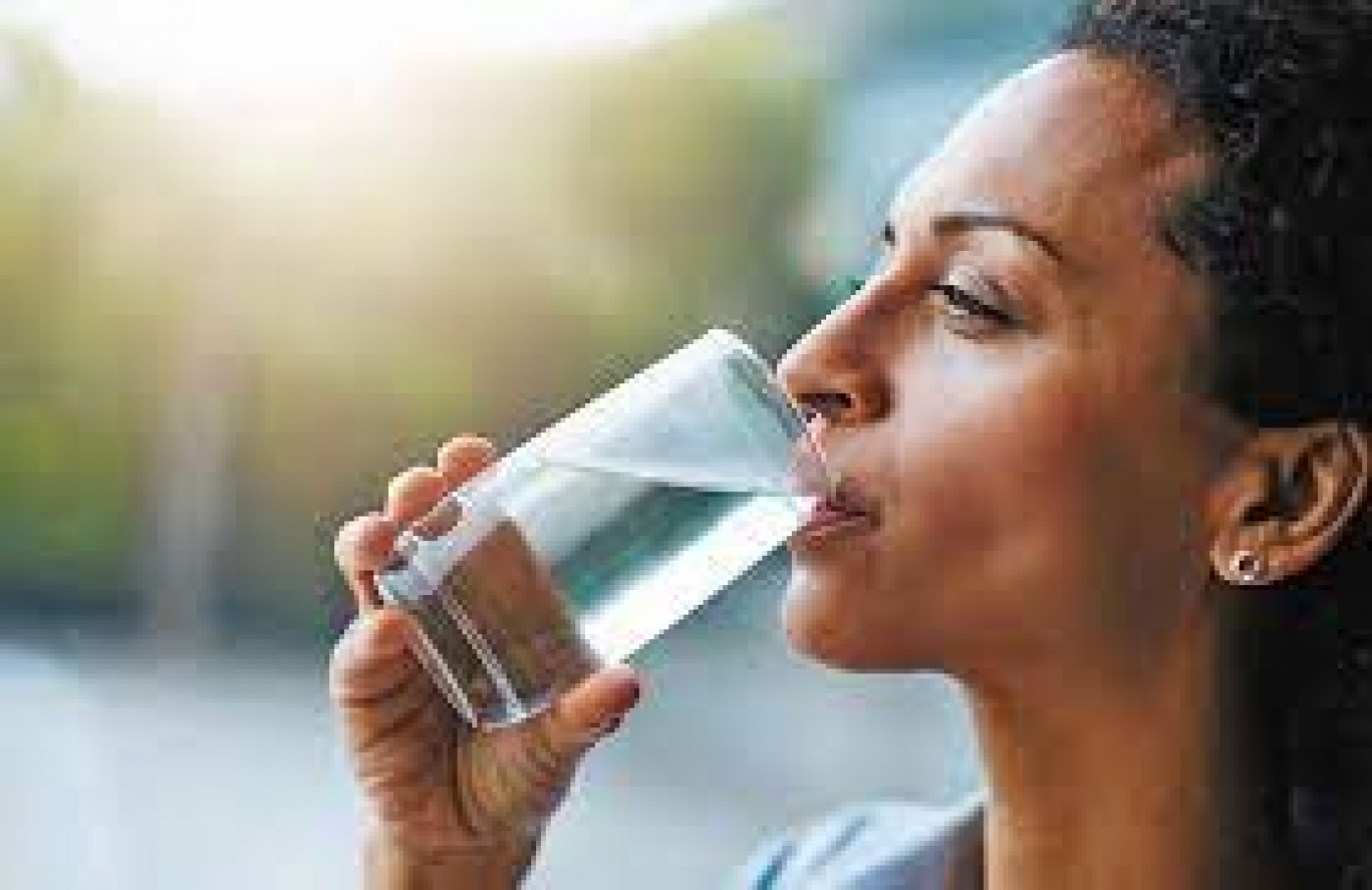The 2022 campaign will focus on efforts to increase education and awareness about kidney health and on reducing the stubbornly high Chronic Kidney Disease knowledge gap at all levels of kidney care.
According to Wikipedia, “the kidneys are two reddish-brown bean-shaped organs found in the vertebrates.
“They are located on the left and right in the retroperitoneal space, and in adult humans, are about 12 centimetres (41⁄2 inches) in length.
“They receive blood from the paired renal arteries; blood exits into the paired renal veins”.
According to Oduneye, there is evidence that supports that increased water intake will protect the kidney and help the kidneys function optimally.
The dietician said that keeping the urine clear helps to stop waste products from getting too concentrated and forming stones in the kidney.
“For instance, drinking more water is an effective therapy for preventing kidney stones.
“Kidney stones can form in people who don’t drink enough water daily.
“You can tell how diluted your urine is by looking at its colour. The darker your urine is, the more concentrated it is.
“Also, those who consume excessive salt and protein can have kidney stones.
“So, increased water intake helps to clear sodium and urea from the body,” she told NAN.
The dietician said that concentrated urine was evidence that one could be dehydrated or not take enough water.
“Under conditions of low hydration, the kidneys produce more concentrated urine.
“Mild dehydration can make you feel tired and can impair normal bodily functions.
“Severe dehydration can lead to kidney damage, so it is important to drink enough when you work or exercise very hard and especially in warm and humid weather,” she said.
Oduneye said that an unhealthy lifestyle and poor eating habits increase the risk of chronic kidney diseases.
She said while drinking at least eight glasses of water a day was recommended, some people would need more than eight glasses of water daily.
Source: HealthWise







